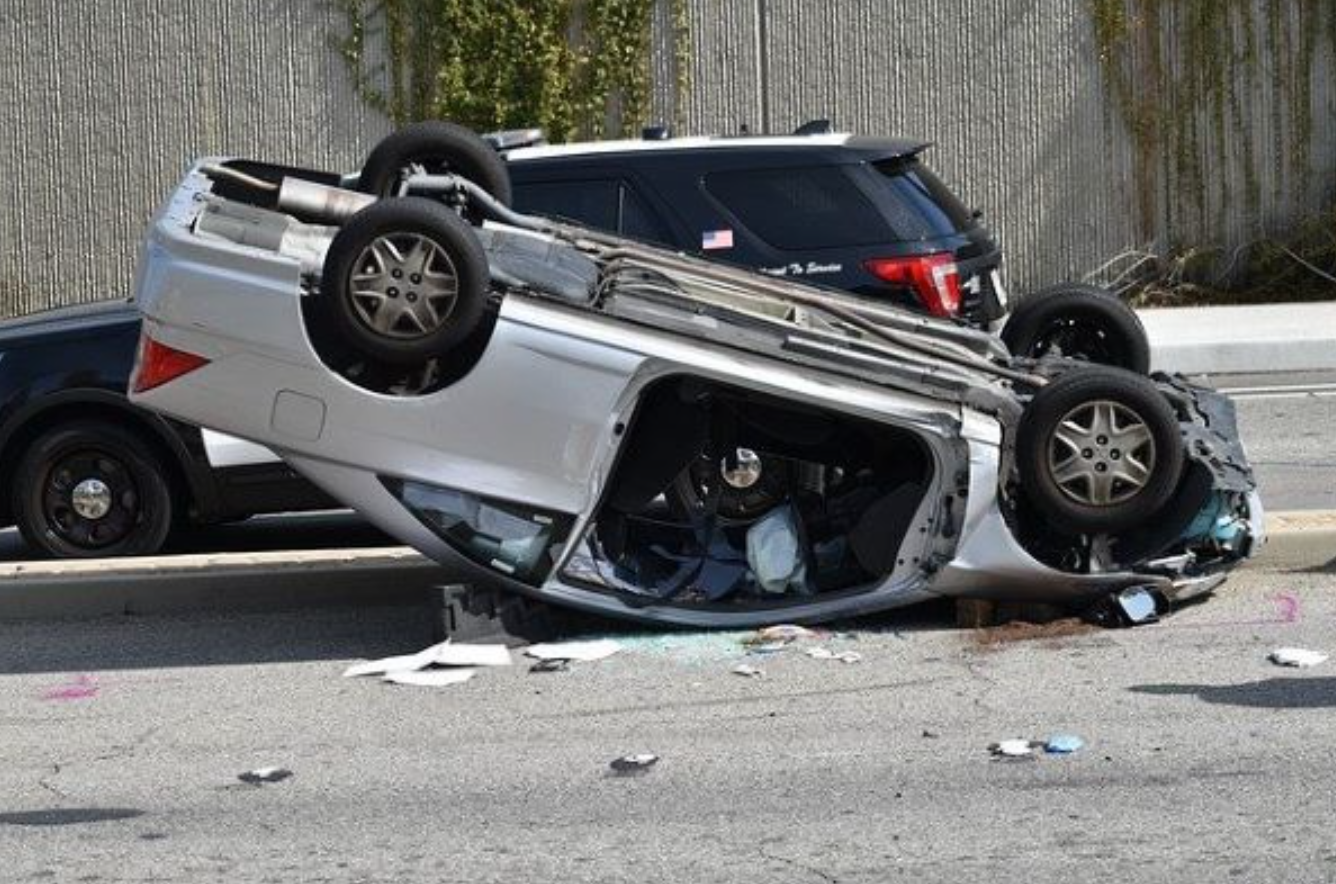Depending on your state, wrongful death cases generally follow state tort law.
Car accidents often turn into wrongful death cases. The invention of the automobile immediately ushered in an age of increased accident trauma, wrongful death cases, and a greater focus on accident safety.
Unfortunately, a personal injury case can quickly change into a wrongful death lawsuit, and the legal framework also changes. As a result, lawyers and defendants clash and collide nearly as often as the 6.3 million car injuries and 35,000 deaths occurring every year.
Change in legal strategies is inevitable, as we live in a world where we enjoy ridesharing services, self-driving cars, and technologies capable of contacting our family every time we use the cell phone while driving. All these developments have the potential to reform the auto and insurance industries, but also the law. In many ways, a wrongful death case mirrors a personal injury tort. Some of the differences between car accident injuries and wrongful death cases reside in who benefits from compensation. Many of the compensable damages go to medical companies and property damage coverage.
Who Can Bring a Wrongful Death Lawsuit After a Car Accident?
State courts control legal torts, so the rules of who can recover from wrongful death vary as well. Generally, immediate families can recover in every state. This includes a spouse, legal partner, and any minor-age children that include legally adopted children.
Some states allow life partners, common-law spouses, and financial dependents to recover compensation for wrongful death lawsuits. Some states allow more distant family members like parents, grandparents, brothers, sisters, uncles, aunts, and cousins to recover. If the deceased had substantial debts, many states mandate any funds to become a part of the decedent’s estate, divided according to a will or state law.
You should consult Sibley Dolman Gipe Accident Injury Lawyers for advice and counsel on whether you are allowed to file a wrongful death lawsuit after a car accident and whether it’s worth the trouble. Decedents with tremendous personal debts might make the whole process untenable.
Recoverable Wrongful Death Damages
Putting a price tag on the value of life seems uncomfortable, but state courts muddle through the process every day. Damages are divided into economic and non-economic damages. Economic damages include the following expenses:
- Damages suffered by other people involved in the accident that resulted in the death
- Economic losses suffered by financial dependents
- Hardwired damages for medical expenses, property damages, etc.
- Legal debts owed by the estate of the deceased
- Funeral, burial, or cremation expenses
- Estimates of how much money the decedent would earn in an average-length lifespan as financial compensation for heirs
- Anyone who suffers a financial hardship caused by the victim’s death
- Expenses used to normalize life after a spectacular death
- Parents of a deceased fetus can recover compensation, but not for pain and suffering
Non-economic wrongful death damages can include:

- Pain and suffering awards for the victim’s heirs
- Emotional and mental distress caused by a gruesome death
- Punitive damages assessed for willful negligence and particular thoughtlessness about consequences of actions
- Loss of consortium
- Loss or counsel
- Loss of earning capacity
Some government agencies and employees are immune to wrongful death lawsuits. This also applies to state and local agencies, but many have waived their immunity because of a public backlash. Recent changes to federal laws bestow immunity in railroad collision cases and defective product cases for certain medical devices that don’t perform properly.
These Cases Generally Follow State Tort Laws
Depending on your state, wrongful death cases generally follow state tort law. The deceased is treated as an injury victim, and plaintiffs are required to satisfy the four elements of personal injury cases: Duty, Breach, Causation and Harm. First, the plaintiff must have had a duty of care to the deceased and breached that duty. The breach must have caused the injury that led to the victim’s death. Next, your attorney will start settlement negotiations.
If you lost someone in a car accident, filing a wrongful death claim or opening the door to a lawsuit is a good choice. You might get a bench trial and hope the judge will rule in your favor or rely on your attorney to pull out the big guns and go for a jury trial. Either way, you are entitled to compensation, and your attorney should do everything in their power to see justice on your side.


Join the conversation!